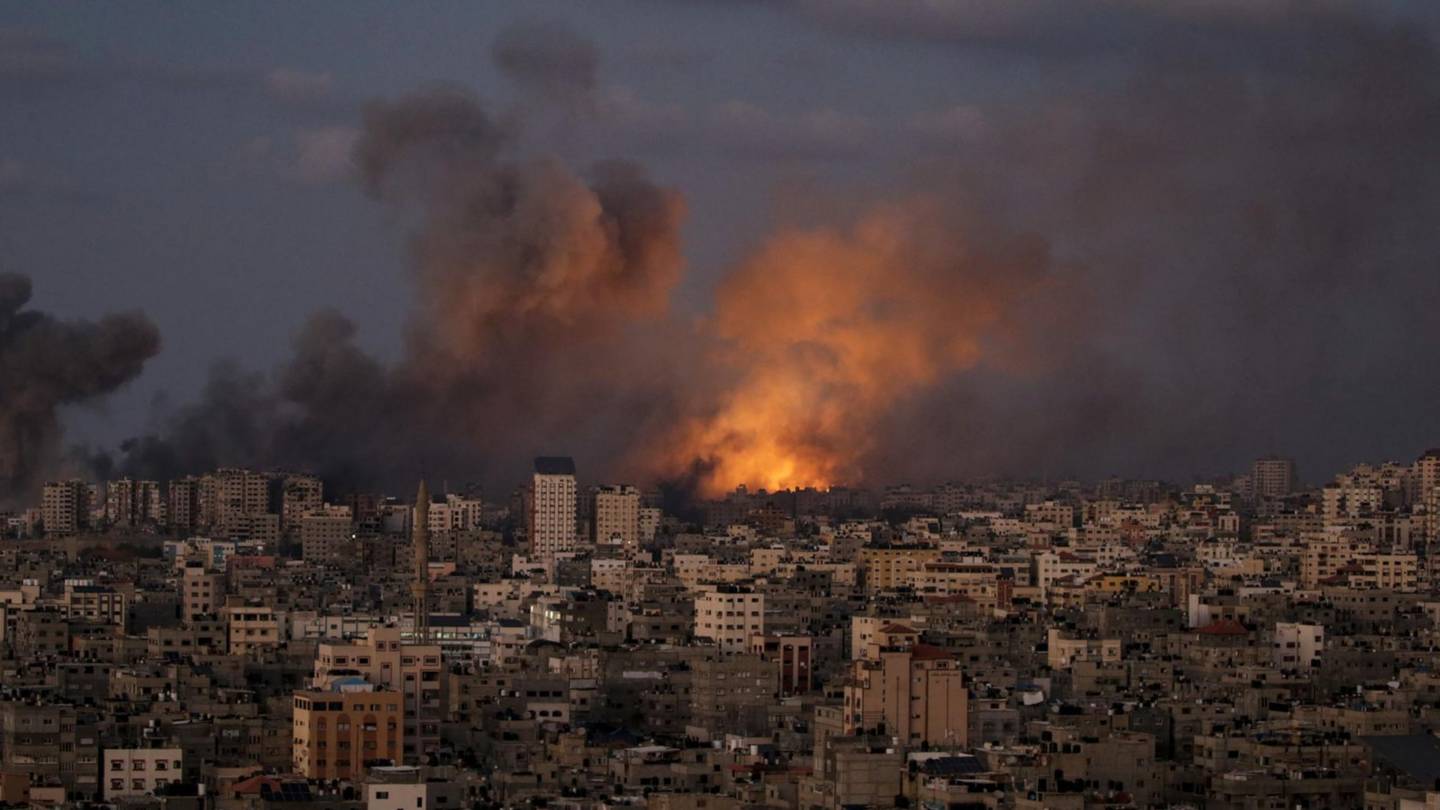Foreign
‘Difficult days await,’ Netanyahu says as war cabinet sworn in

1. Israel’s Prime Minister Benjamin Netanyahu has told parliament that “difficult days await” at the swearing in of his new war cabinet
2. The UN says Gaza is facing a “dire” situation with food and water quickly running out and 50,000 pregnant women unable to access essential services
3. More than 1,500 people have been killed in Gaza since Israel launched retaliatory air strikes, Palestinian health officials say
4. The bombardment comes amid a total blockade. Israel says it won’t lift the restrictions unless Hamas frees all hostages
5. Hamas kidnapped at least 150 people and took them into Gaza during deadly attacks on Israel at the weekend that killed 1,300 people
6. Israel’s top general has admitted the military failed in its duty to protect citizens
7. EU chief Ursula Von Der Leyen and US defence secretary Lloyd Austin are travelling to Israel on Friday to show their support for the country
Human Rights Watch accuses Israel of using controversial munition

Human Rights Watch (HRW) has accused Israel of using white phosphorus, a controversial munition, in its bombings of the Gaza Strip and Lebanon.
The highly combustible chemical is sometimes used by militaries to mark areas. But it can also severely burn people and it is highly dangerous when used as a weapon, especially if launched into crowded areas.
Israel’s military told the Reuters news agency that it was “currently not aware of the use of weapons containing white phosphorous in Gaza”. It did not comment on Lebanon.
HRW said it had obtained and analysed videos filmed in Gaza and Lebanon that appeared to show white phosphorus artillery shells exploding. It also highlighted pictures taken by the AFP news agency in Gaza showing white streaks in the sky.
White phosphorus ignites when it comes into contact with oxygen, producing dense white smoke.
“The use of white phosphorus in Gaza, one of the most densely populated areas in the world, magnifies the risk to civilians and violates the international humanitarian law prohibition on putting civilians at unnecessary risk,” the rights group said in a statement.
White phosphorus is not banned under international law because it has legal uses, but because of the harmful effects it can have on humans, their use is tightly regulated.
Israel’s armed forces used white phosphorus as smokescreen during its 2008-2009 offensive in Gaza. Several rights groups alleged war crimes at that time. The military had said in 2013 that it would phase out using the chemical as camouflage.

























